
Algérie Tours Détours
2007
1h 54m
A documentary road movie with René Vautier In the aftermath of Algeria's independence, René Vautier, a militant filmmaker, considered "the dad" of Algerian cinema, set up the cine-pops. We recreate with him the device of itinerant projections and we travel the country in ciné-bus (Algiers, Béjaïa, Tizi Ouzou, Tébessa) to hear the voices of the spectators on the political situation, youth and living conditions of men and Of women today.
If current server doesn't work please try other servers beside.
Similar Movies
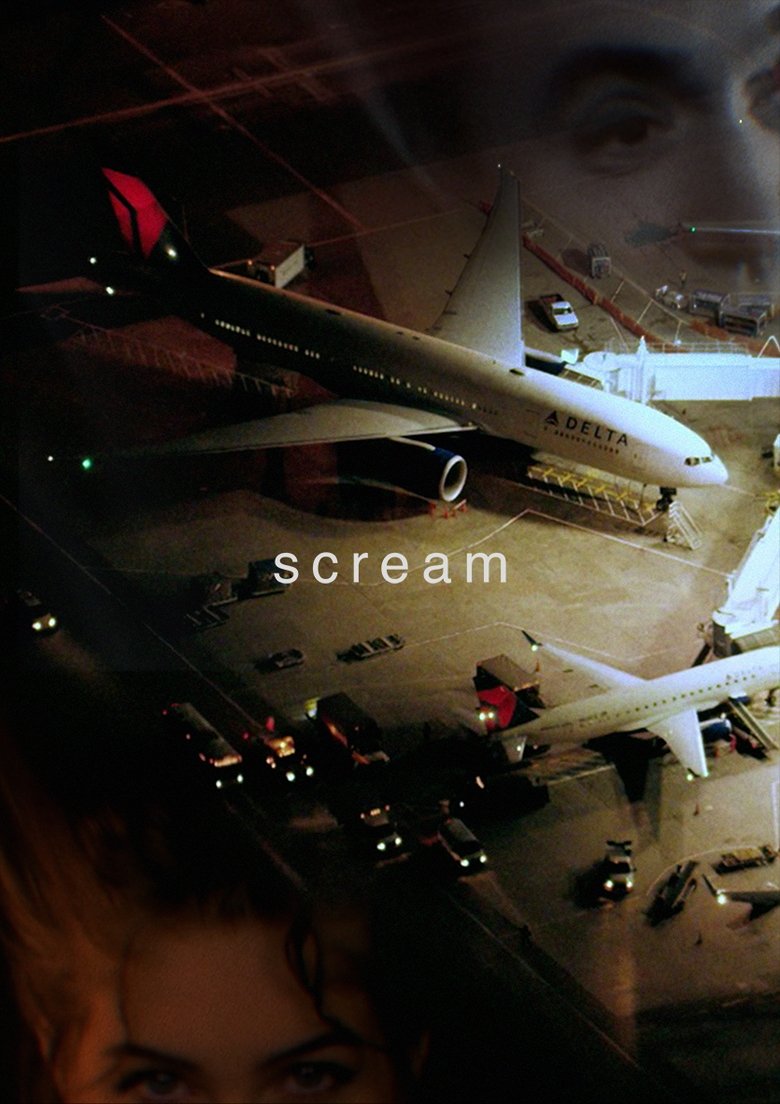
Scream
An experimental essay film about terrorism, media, violence and globalisation. Three infotainment news broadcasts - a rollercoaster, a hijacking, and an influencer - are soundtracked by pulsating experimental electronics that push the psychic residue of a post war-on-terror world out of the unconscious and onto the screen. Capitalism, imperialism, desire; all three are implicated in a nihilism that has seeped from the news into the social psyche.
Rating:
0.0/10
Votes:
0
Year:
2021
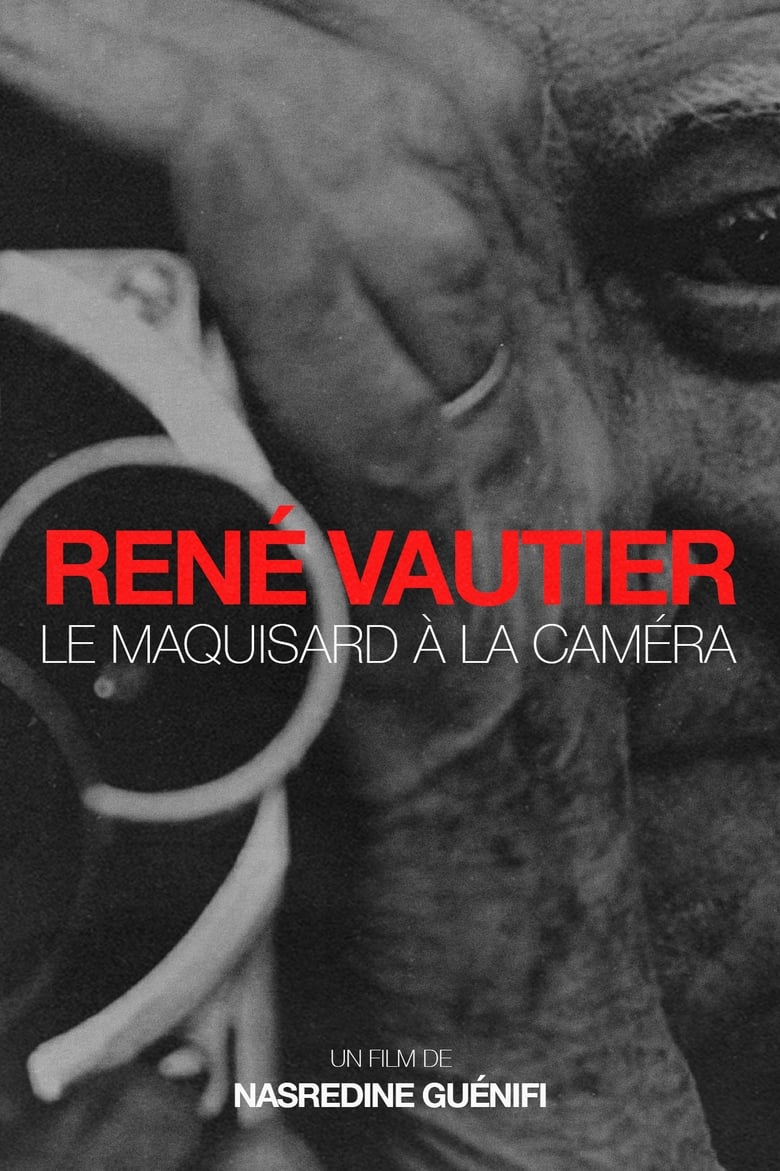
René Vautier, le maquisard à la caméra
Rating:
10.0/10
Votes:
1
Year:
2000
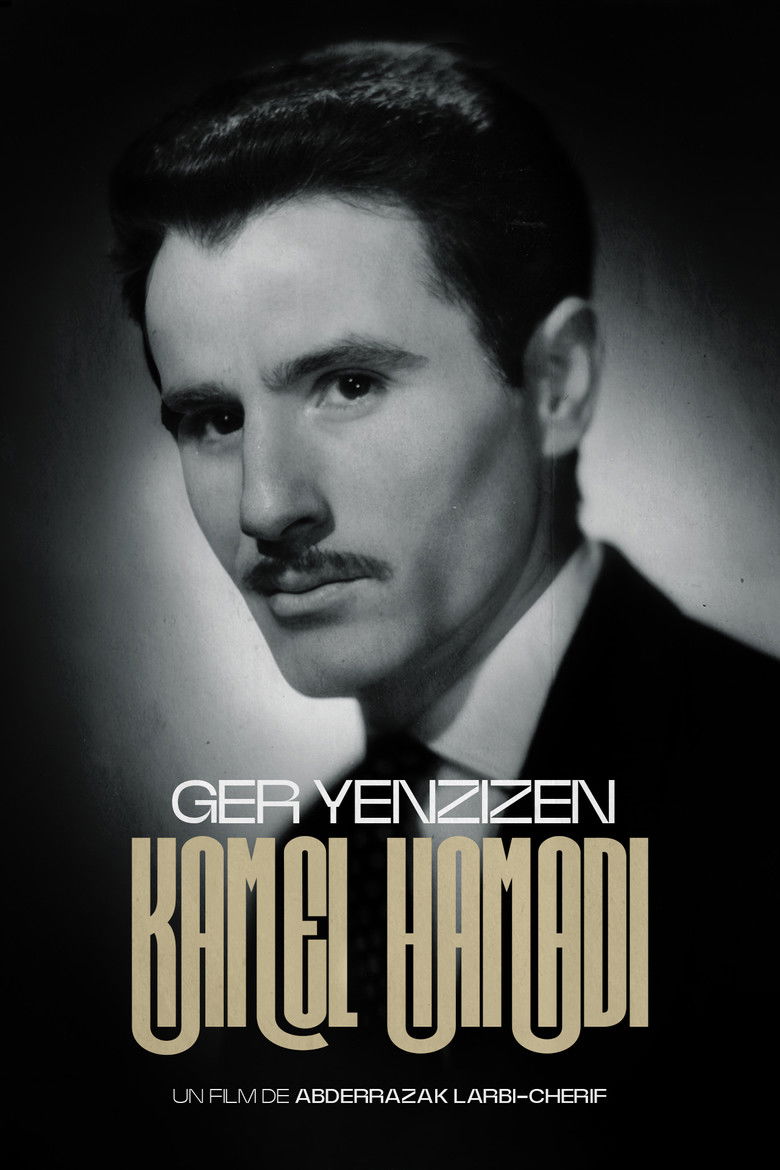
Kamel Hamadi, Ger Yenzizen
Portrait of the Algerian singer and composer Kamal Hamadi (husband of the singer Noura). Performer, musician, conductor, lyricist, author and composer, he is considered today as the witness par excellence of Algerian artistic action of the 20th century. The film received the Golden Olivier for best documentary 2010 at the Tizi-Ouzou Amazigh Film Festival in Algeria.
Rating:
10.0/10
Votes:
1
Year:
2010
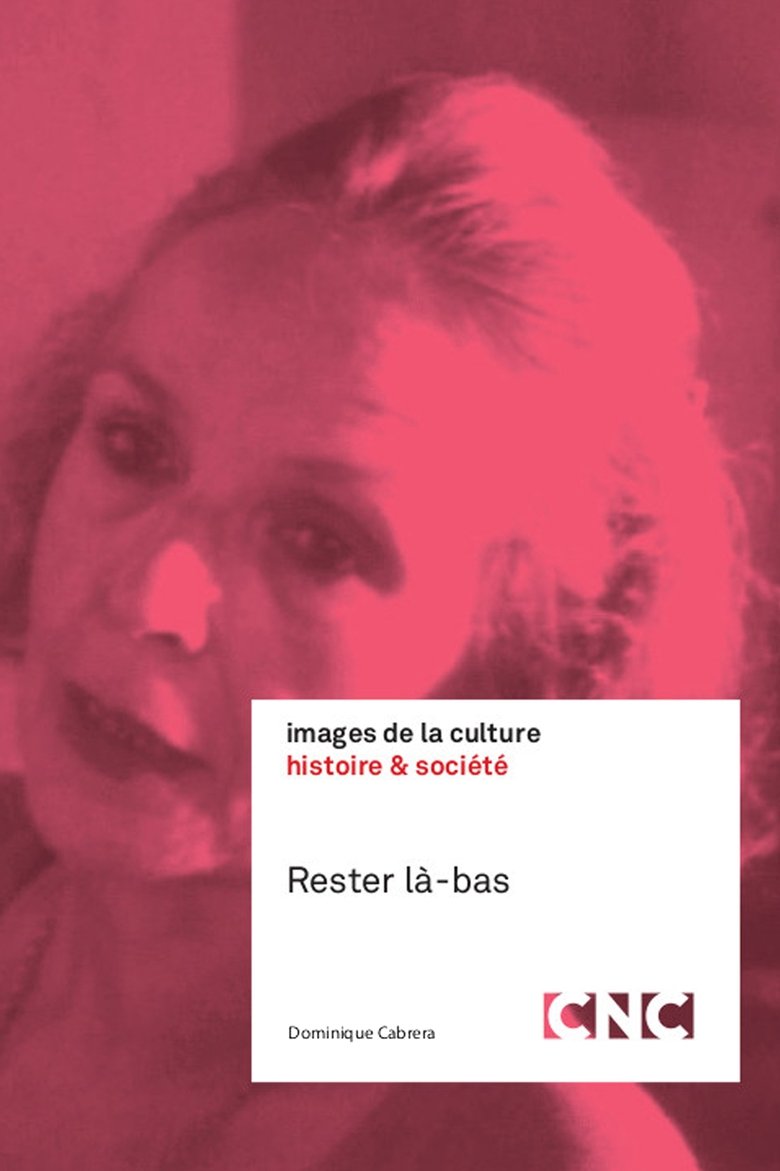
Rester là-bas
Algiers. From the port to the souks, passing through the Jardin d'Essai, Dominique Cabrera transports us to the land where she was born, on the other side of the Mediterranean "where the sea is saltier". If most of the pieds-noirs left Algeria in the summer of 1962, some -a minority- remained. By going to meet them, the director makes her own inner journey.
Rating:
10.0/10
Votes:
1
Year:
1992
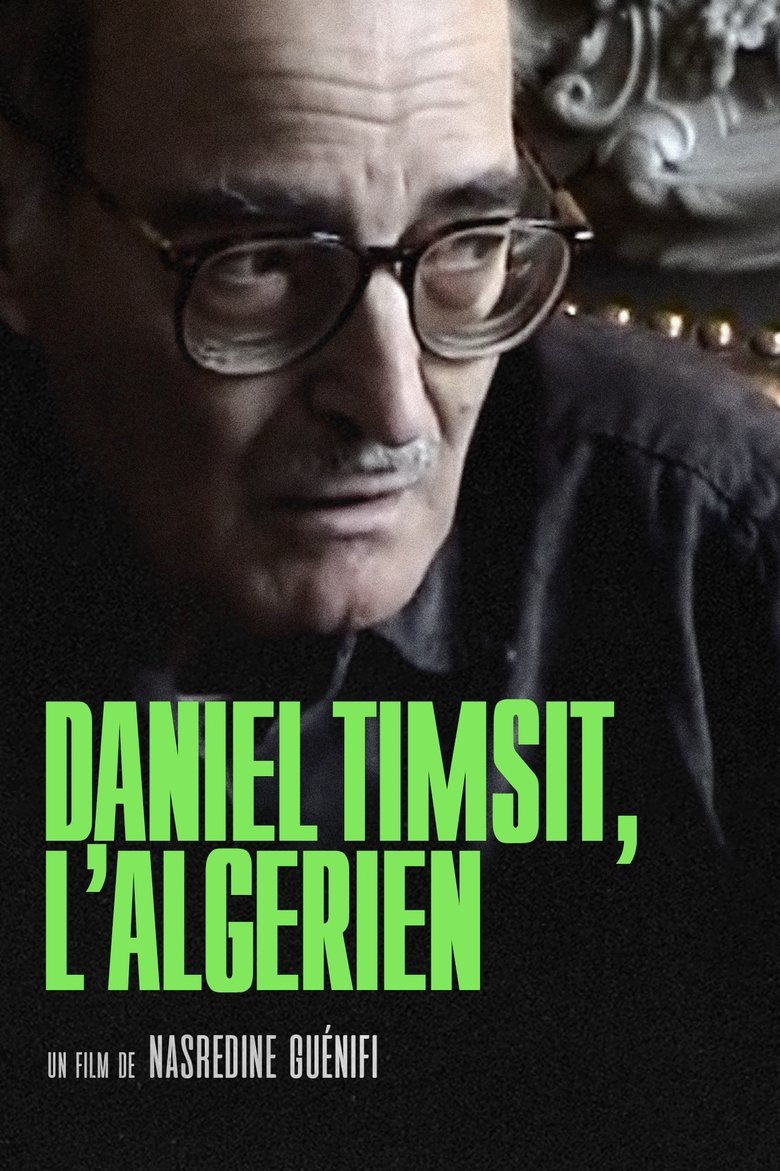
Daniel Timsit, l’Algérien
Rating:
10.0/10
Votes:
1
Year:
2009
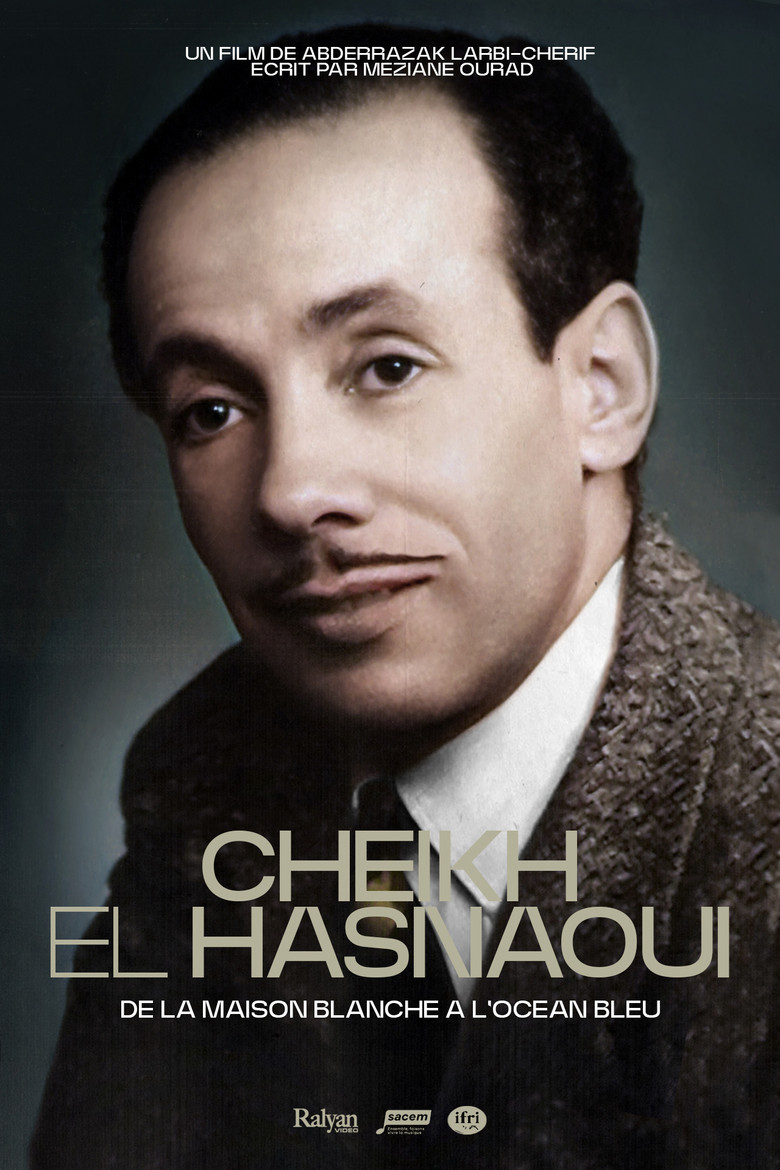
Cheikh El Hasnaoui, de la maison blanche à l'océan bleu
Cheikh El-Hasnaoui is an Algerian singer who left his country in 1937 without ever setting foot there again. Between 1939 and 1968 he composed most of his repertoire in France. For many years the Algerian cafes of Paris were the stages of his shows. With a handful of artists of his generation, he laid the foundations of modern Algerian song. A fervent defender of women's rights, he claims, as a pioneer, the fight for identity for a plural Algeria. At the end of the Sixties, he ended his artistic career. On July 6, 2002 he died in Saint-Pierre de la Réunion, where he is buried to this day. This 80-minute documentary follows in the footsteps of this extraordinary character. From Kabylia to Saint-Pierre de a Réunion via the Casbah of Algiers and the belly of Paris.
Rating:
10.0/10
Votes:
1
Year:
2014
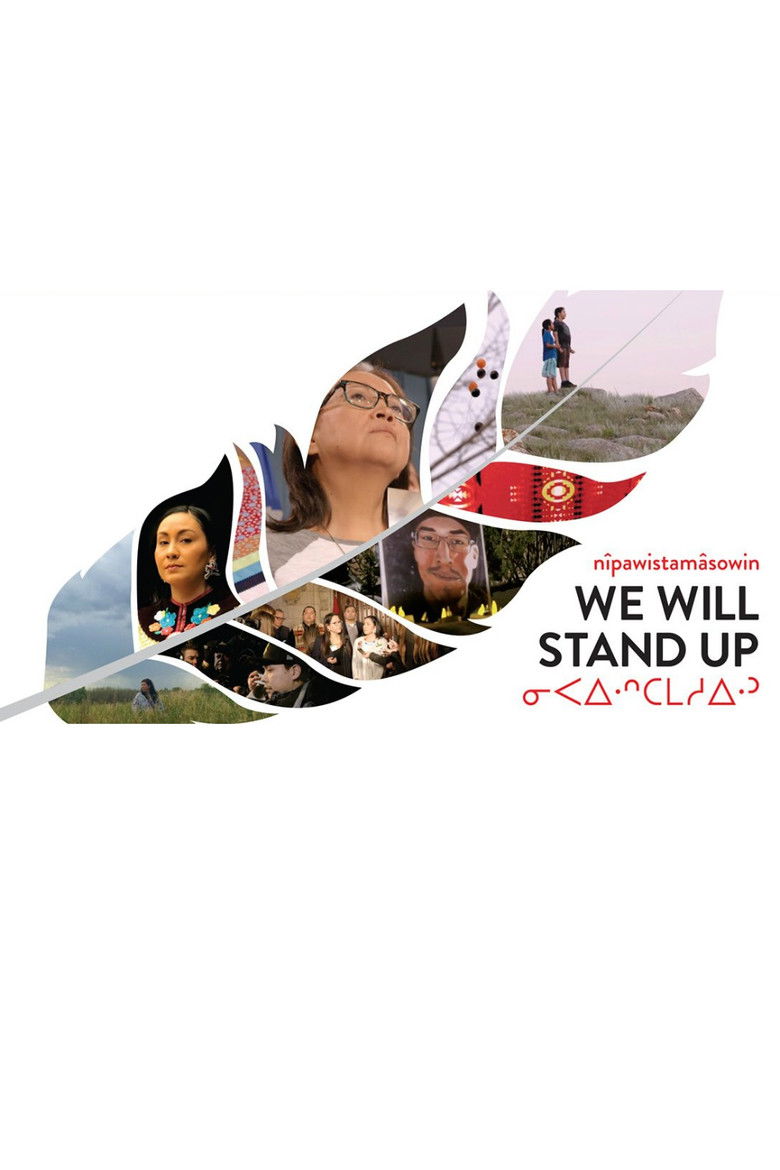
nîpawistamâsowin : We Will Stand Up
On August 9, 2016, a young Cree man named Colten Boushie died from a gunshot to the back of his head after entering Gerald Stanley's rural property with his friends. The jury's subsequent acquittal of Stanley captured international attention, raising questions about racism embedded within Canada's legal system and propelling Colten's family to national and international stages in their pursuit of justice. Sensitively directed by Tasha Hubbard, "nîpawistamâsowin: We Will Stand Up" weaves a profound narrative encompassing the filmmaker's own adoption, the stark history of colonialism on the Prairies, and a vision of a future where Indigenous children can live safely on their homelands.
Rating:
8.3/10
Votes:
3
Year:
2019

Li Fet Met (Le passé est mort)
The SAS (Section Administrative Spécialisée) were created in 1956 by the French army during the Algerian war to pacify "the natives". During the day, the SAS were used as treatment centres and at night as torture centres, in order to crush the Algerian resistance. The SAS were inhabited by French soldiers and auxiliaries (harkis, goumiers) and their families. At independence in 1962, a few families of auxiliaries stayed on; the vacant buildings were occupied by families of martyrs awaiting the better days promised by the new Algeria. 46 years later, the SAS at Laperrine, in the Bouira region, still exists, a unique place inhabited by people who have taken refuge there. They have been joined by farmers fleeing the terrorism of the 90s. They all live as best they can in a place they did not choose, suffering the consequences of war.
Rating:
10.0/10
Votes:
1
Year:
2007

René Vautier, le rebelle
Rating:
10.0/10
Votes:
1
Year:
2000
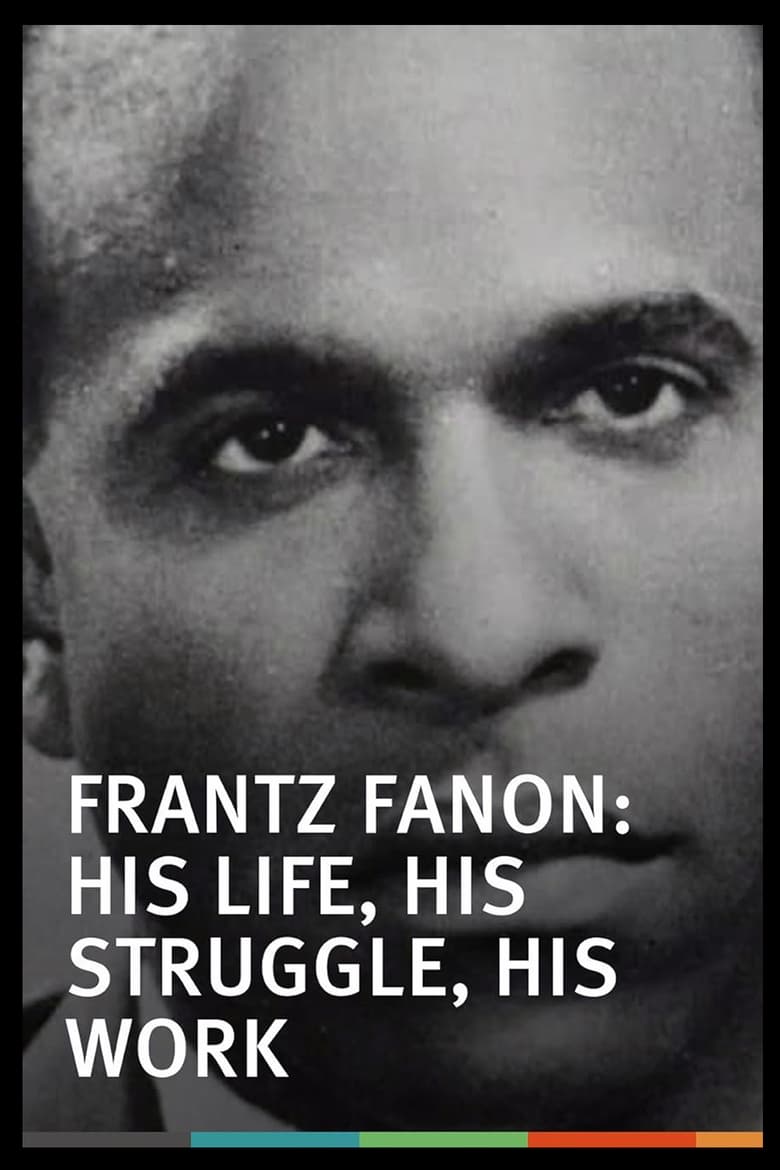
Frantz Fanon, Une Vie, Un Combat, Une Oeuvre
It is the evocation of a life as brief as it is dense. An encounter with a dazzling thought, that of Frantz Fanon, a psychiatrist of West Indian origin, who will reflect on the alienation of black people. It is the evocation of a man of reflection who refuses to close his eyes, of the man of action who devoted himself body and soul to the liberation struggle of the Algerian people and who will become, through his political commitment, his fight, and his writings, one of the figures of the anti-colonialist struggle. Before being killed at the age of 36 by leukemia, on December 6, 1961. His body was buried by Chadli Bendjedid, who later became Algerian president, in Algeria, at the Chouhadas cemetery (cemetery of war martyrs ). With him, three of his works are buried: “Black Skin, White Masks”, “L’An V De La Révolution Algérien” and “The Wretched of the Earth”.
Rating:
10.0/10
Votes:
1
Year:
2001
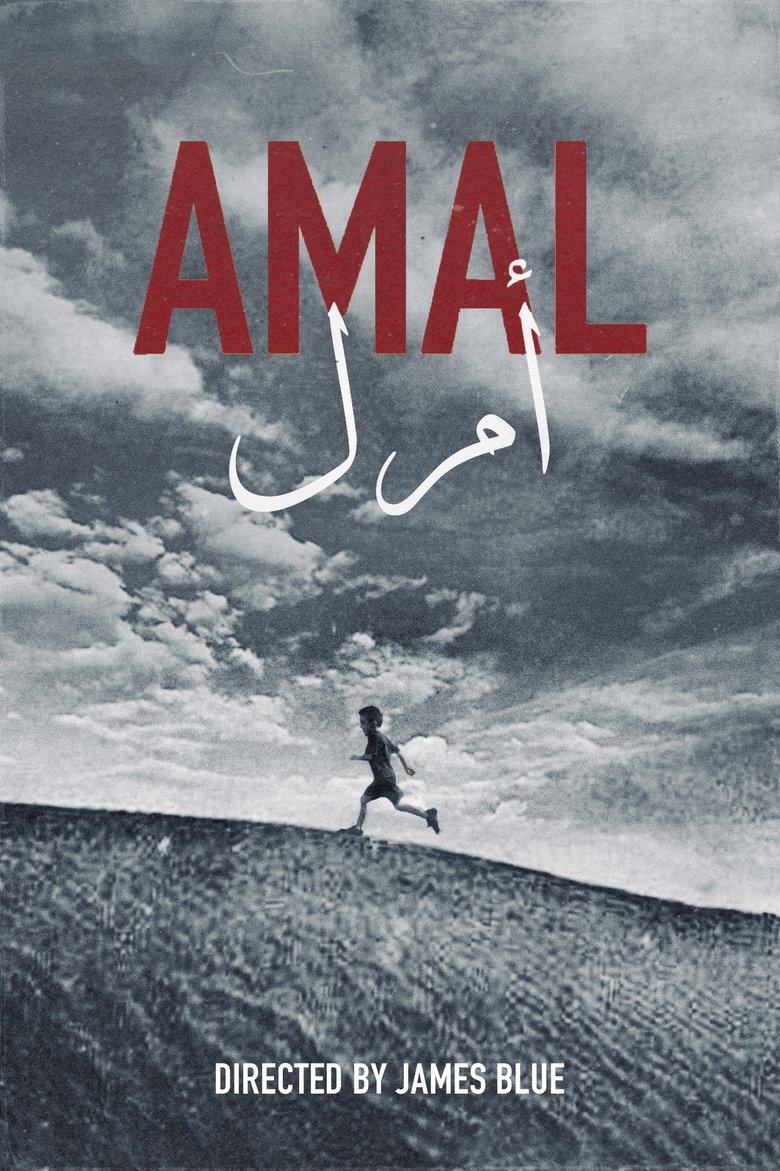
Amal
A sublime documentary on childhood and bereavement that’s one of several shorts the filmmaker completed while working in Algeria for Georges Derocles’s company Les Studios Africa, for whom he would shortly make his breakthrough feature The Olive Trees of Justice.
Rating:
10.0/10
Votes:
1
Year:
1960

Many Beautiful Things
In an age when women were incapable of joining the artistic dialogue, Lilias Trotter managed to win the favour of celebrated critics.
Rating:
6.0/10
Votes:
1
Year:
2015
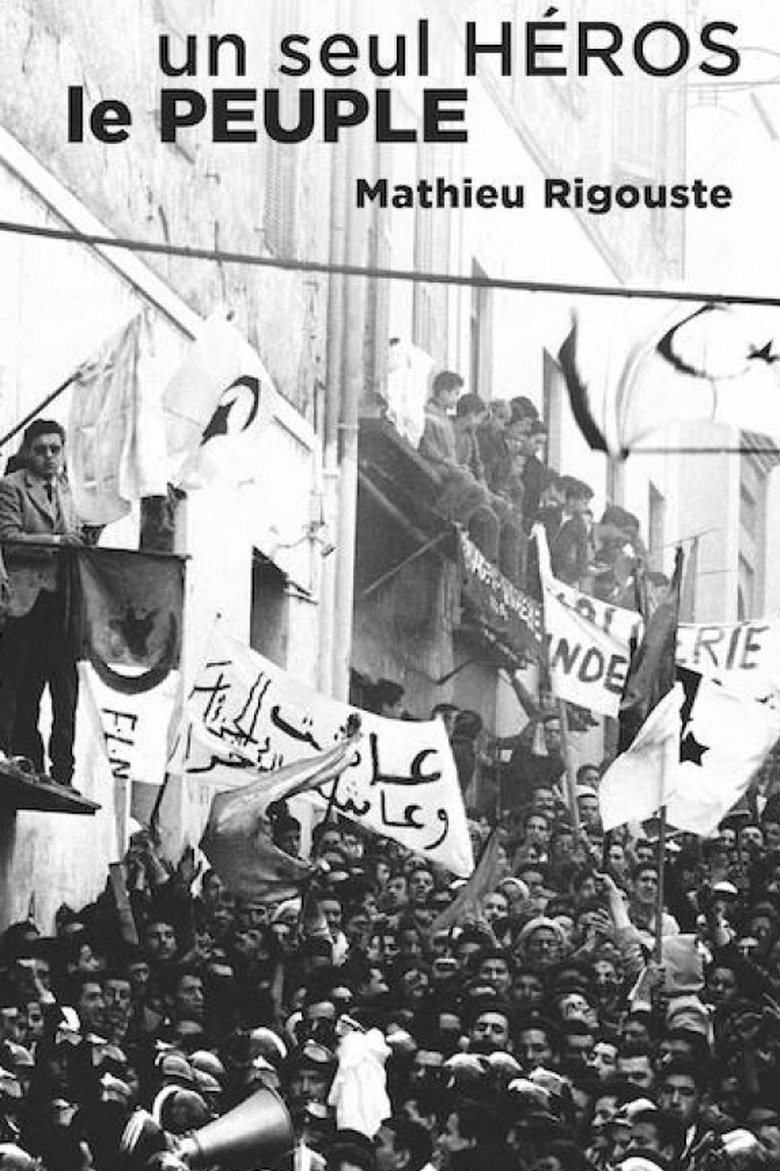
Un seul héros, le peuple
This film is the product of a seven-year research journey on the popular insurrection of December 1960 in Algeria and the failure of the counter-insurrection, thanks to the Wretched of the Earth themselves.
Rating:
6.0/10
Votes:
1
Year:
2020
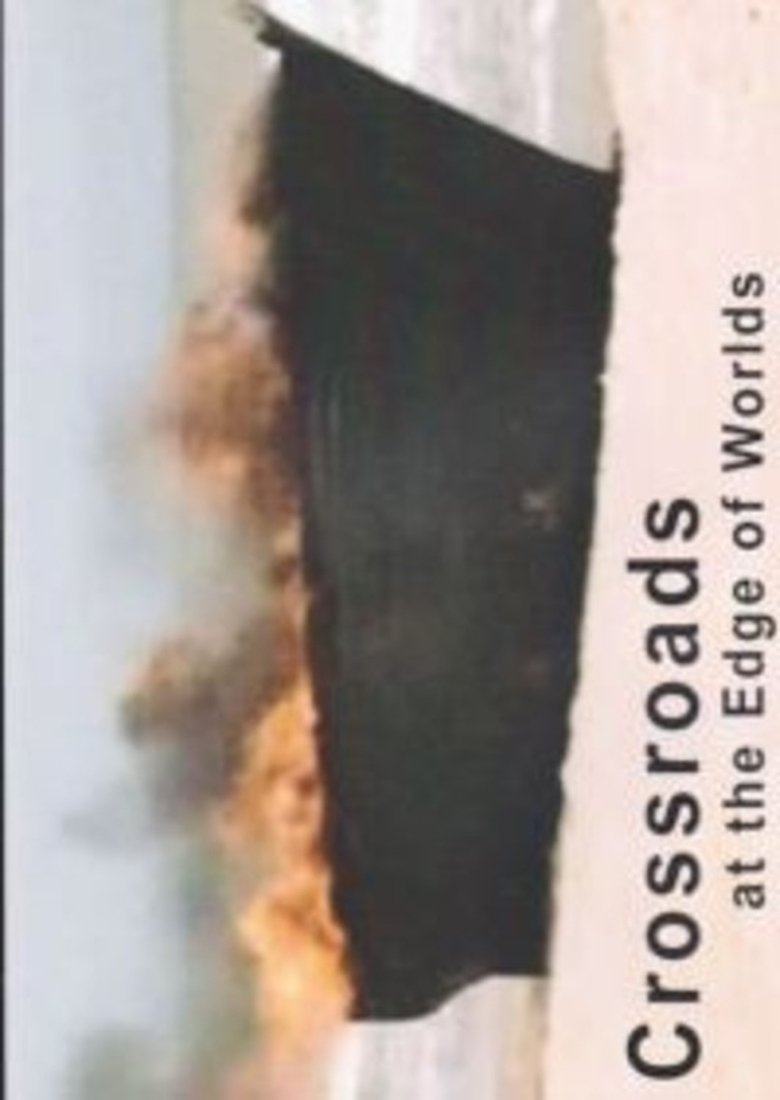
Crossroads at the Edge of Worlds
This video research is based on a trip to Morocco in July 2005, during which the director documented irregular migration transiting through Morocco, as well as their control. This geographical project focuses on the main migratory axes: Oujda, entry point for migrants in Morocco; Tangier, from where migrants can try to cross the strait or the fences of Ceuta; Rabat, organization space; and Laayoune, the closest point to the Canaries. The video questions the nature and meaning of these extraterritorial enclaves that structure the Moroccan territory.
Rating:
0.0/10
Votes:
0
Year:
2005
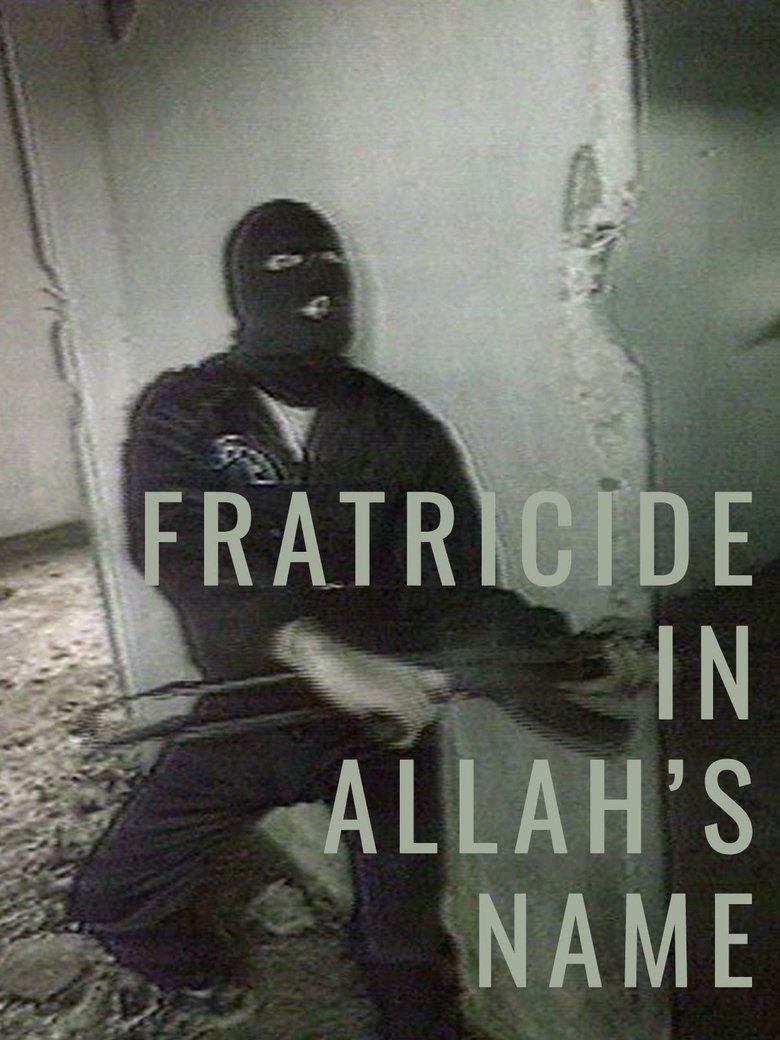
Fratricide in Allah's Name
This film looks back at Algeria's past, covering its fight for independence and its subsequent fight against itself, being one of the few films to capture civil war Algeria and its inhabitants on camera. The filmmakers talk to politicians from both sides, past revolutionaries, and most importantly civilians, whose lives were torn apart by the conflict.
Rating:
0.0/10
Votes:
0
Year:
1997
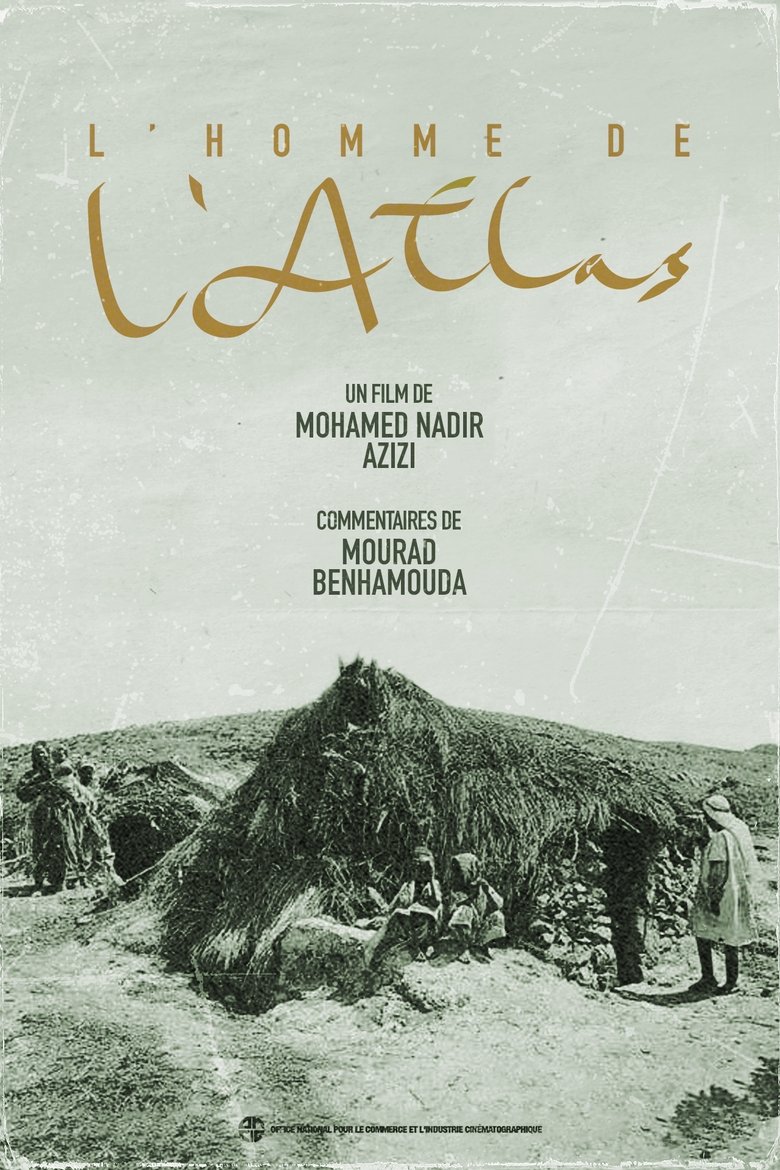
L'Homme de L'Atlas
Rating:
10.0/10
Votes:
1
Year:
1973

Il Était Une Fois Cheb Hasni
Rating:
10.0/10
Votes:
1
Year:
2019
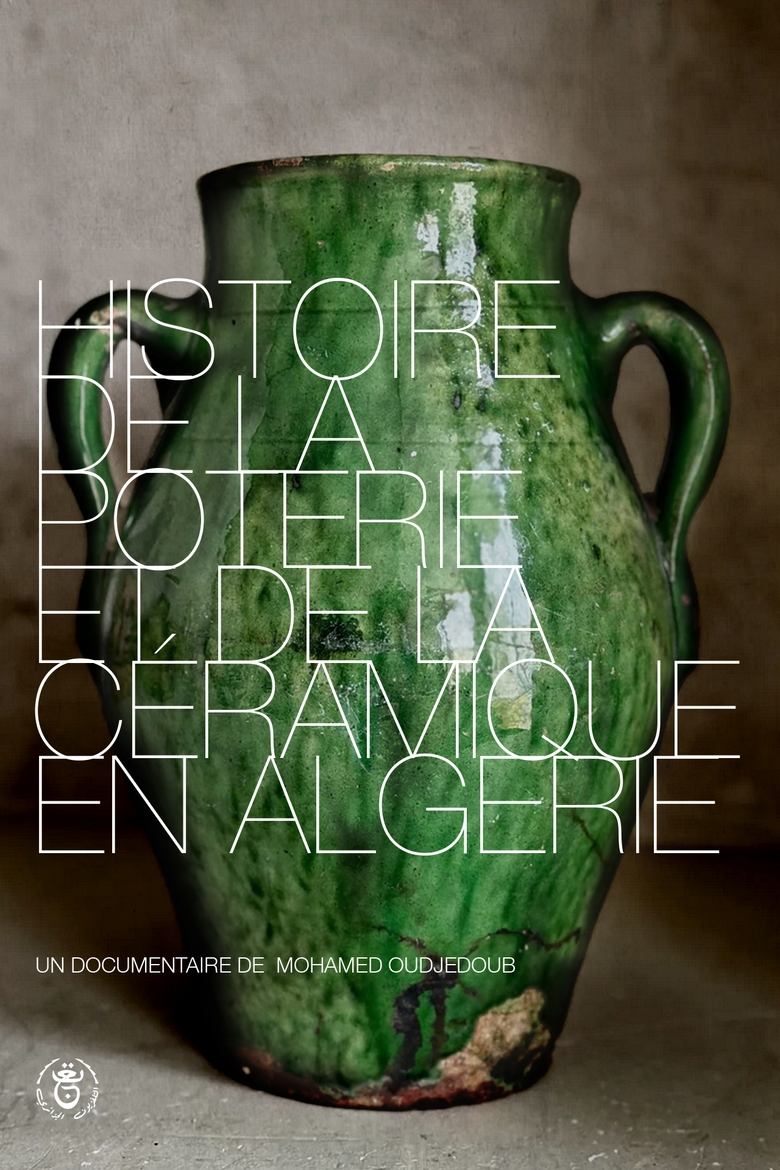
Histoire de la Poterie et de la Céramique en Algérie
In Algeria, pottery is different from one region to another, the result of the various influences it has undergone throughout history. If the manufacturing steps are substantially the same, the result is far from identical. In Kabylia, for example, the pottery, decorated with patterns, is red in color. In the south of Adrar, there are objects with rather original shapes and black in color. The pottery of the Nementcha Mountains is fashioned in clay with pink tones and decorated with brown designs. Originally, objects were made in families and exchanged between neighbours...
Rating:
10.0/10
Votes:
1
Year:
2004
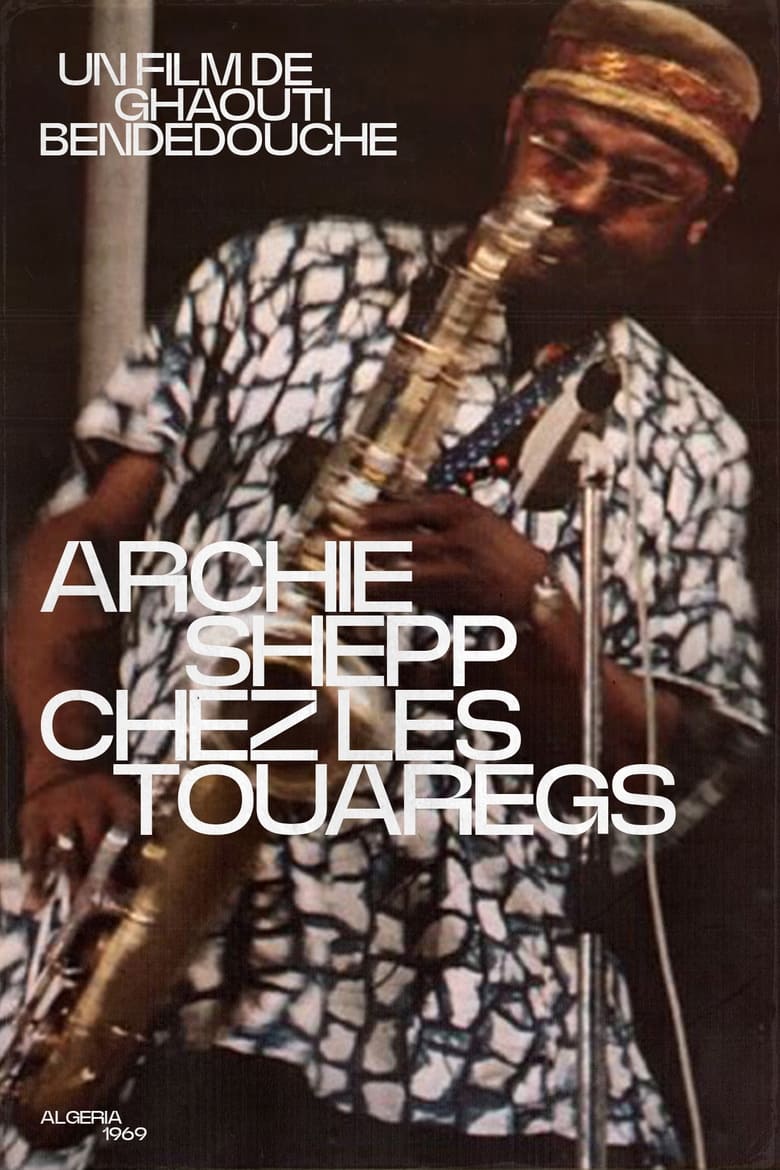
Archie Shepp chez les Touaregs
Rating:
10.0/10
Votes:
1
Year:
1969
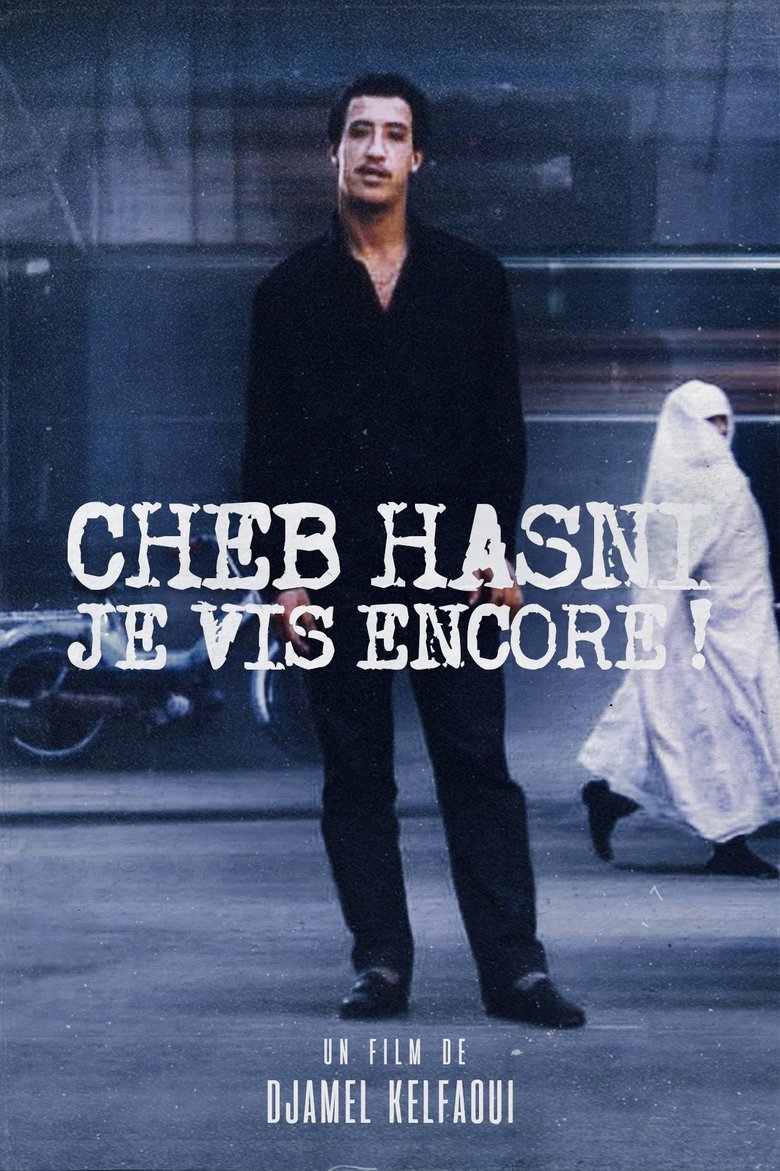
Cheb Hasni, Je vis encore !
Director Djamel Kelfaoui pays tribute to the great singer Cheb Hasni, king of sentimental raï, who became cult in Algeria and beyond its borders, and who was murdered in the street in September 1994 in Oran, at the age of 26. Unique and last interview filmed a few months before the assassination of the singer considered the king of “raï love” or “sentimental song”. Cheb Hasni had recorded more than 150 cassettes during his career. His memory remains very alive in the Maghreb and Arab world and its diaspora throughout the world. A transgenerational icon, he will be posthumously decorated with the National Merit medal at the rank of Achir.
Rating:
10.0/10
Votes:
1
Year:
2008
If current server doesn't work please try other servers beside.